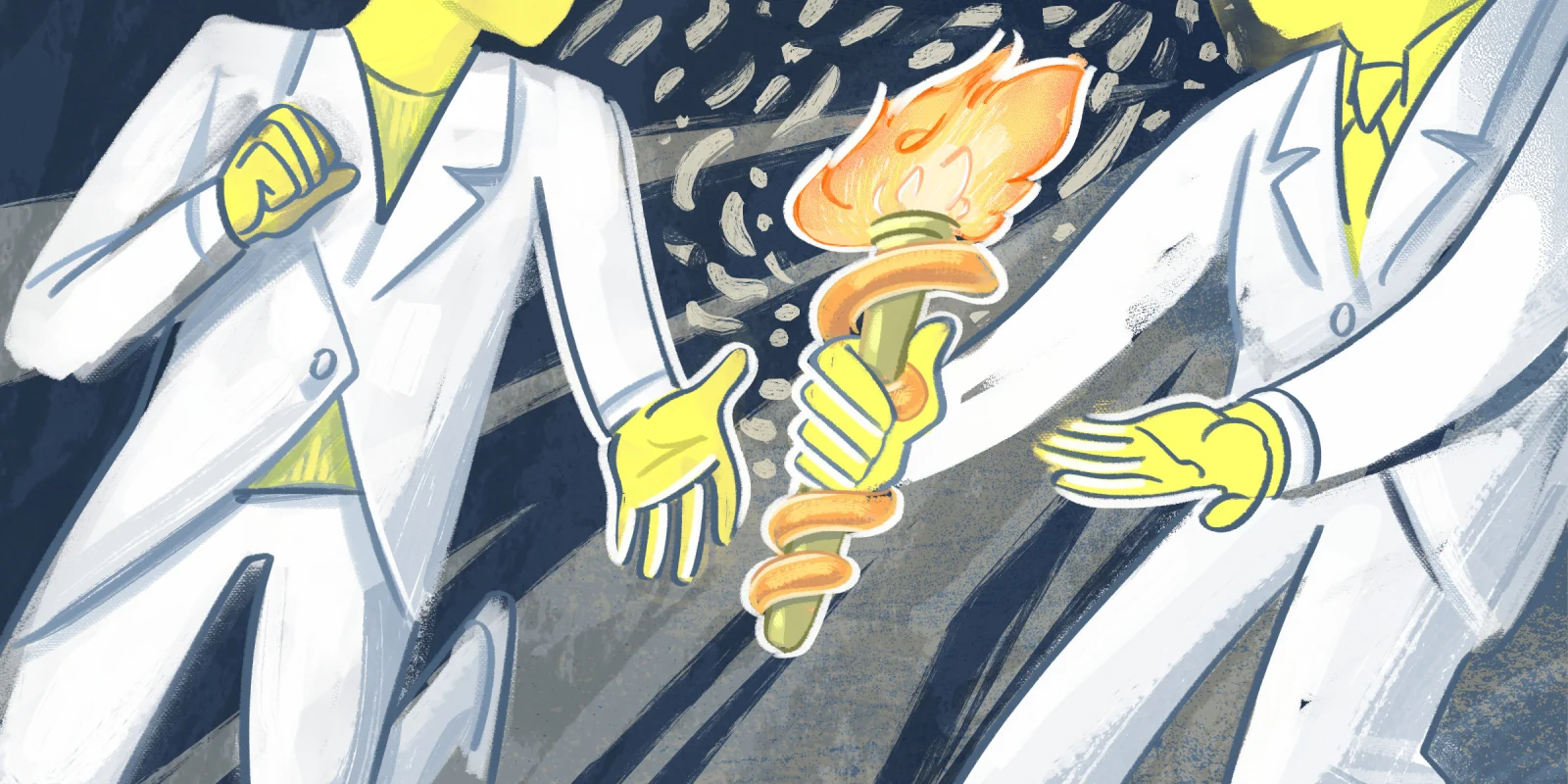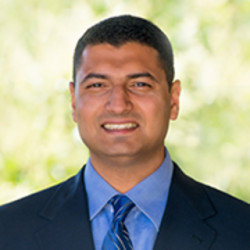At the end of the movie, Awakenings, Dr. Malcolm Sayer (played by Robin Williams) made one of the movie’s most simple yet poignant statements: “As the chemical window closed, another awakening took place; that the human spirit is more powerful than any drug. And that is what needs to be nourished: with work, play, friendship, family. These are the things that matter. This is what we'd forgotten - the simplest things.” To this end, the innate need for human reconnection, leisure, and mentorship is perhaps one of the most powerful forces that bring people together at medical conferences.
This year’s ASH conference in New Orleans provided an opportunity for hematologists and oncologists to gain perspective on the “chemical window” of therapy in the form of numerous late-breaking presentations and posters. I am always in awe of how rapidly we have advanced scientific discovery including cutting-edge diagnostics for monitoring and newer targeted therapies for more effective and tolerable therapy, which have drastically improved outcomes for some diseases that were previously considered untreatable or even terminal.
At the same time, traveling to a conference also reminded me of all the time we as physicians spend away from work and sometimes family in order to stay current with new information to expand upon a life-long, rapidly-evolving knowledge base. Unlike ASH 2021 in Atlanta last year, this year’s conference felt like the first truly “post-Covid” experience in person in which we were able to freely share handshakes, high-fives, hugs, and other unmasked moments, in order to re-connect almost as naturally as we did in 2019 in Orlando prior to the pandemic. It was once again easy to get lost in the crowd, until you saw your friend in that crowd, immediately sensing a long-awaited reunion.
“We expect more from technology and less from each other. We create technology to provide the illusion of companionship without the demands of friendship,” said Sherry Turkle, professor at MIT, expert in human relationships with technology, and author of ”Empathy Diaries and Reclaiming Conversation.” Indeed, there must be something about attending conferences in person and traveling together with colleagues, friends, and mentors that makes this process all worthwhile, well beyond the extent of attending virtually behind the illusion of technology.
Beyond just the Hippocratic Oath or professional duty, years of rigorous training and constant reflection and humility from the demands of daily clinical practice helps physicians develop and tap into an empathetic resilience that is programmed in the DNA of all human beings on this planet! We are programmed for rumination, reflection, and empathy, to constantly evolve and improve ourselves for the better. There are arguably limitations in the potential extent of one’s capacity for intellectual stimulation and developing empathetic skills without some degree of human connection to drive it forward. That human factor at a medical conference is what leads to the most natural connections, relationships, and meaning.
That human factor is mentorship. Conferences bring together leaders and followers in the process of becoming better leaders, and mentors and mentees in the process of becoming mentors. Mentees may eventually become mentors themselves, but the most effective mentors never stop looking for opportunities to become mentees again, chronically evolving their skillsets. Indeed, we embrace many roles and personalities in our ongoing process of growth and re-invention.
The formal study and evaluation of the importance of mentorship was in fact highlighted at ASH 2022. One of my favorite presentations at ASH 2022 was that of Drs. Soo Park and Zoya Qureshy (University of California San Diego) and their multicenter team who presented the real-world impact (academic productivity, career development, sense of community, and empowerment among others) of a 1-year mentorship pilot program for 35 hematology fellows (#69, Session 901, Health Service and Quality, Sunday 12/11/22 at 5 PM).
How many hematologists and oncologists met up with their prior mentors at ASH, in order to evaluate their ongoing development by a well-delineated benchmark of success? How many of them plan to bring those lessons back to their respective institutions and mentees to “pay it forward”?
It is more important than ever to foster ongoing mentorships in science and medicine. We will all eventually hand down the torch one day to the next wave of aspiring physicians who may not be as enthralled by generational templates or definitions for success such as grit, sacrifice, or a "nose to the grindstone" mentality without a sense of true purpose, meaning, and direction. This generation of young people and trainees have different values, priorities, and the fearless but rational ability to ask "Why?" to figures of authority. Therefore, the mentee and mentorship relationship will itself naturally need to evolve to accommodate this paradigm shift.
In the era of post-COVID corporate or health system “wellness initiatives” to address physician burnout, attending a medical conference can come far closer to attaining some level of genuine "work-life balance" without it feeling like a contrived experience of forced wellness. Meaningful mentorship can help one derive a true sense of purpose and growth which rings true and genuine, just like Robin Williams’ words about “nourishing the Human Spirit with Work, Play, Friendship, and Family.”
Dr. Hardeep Phull is employed by Palomar Health Medical Foundation. He is a contracted speaker for Karyopharm, Sanofi, AVEO, and Mirati therapeutics.
Illustration by April Brust







